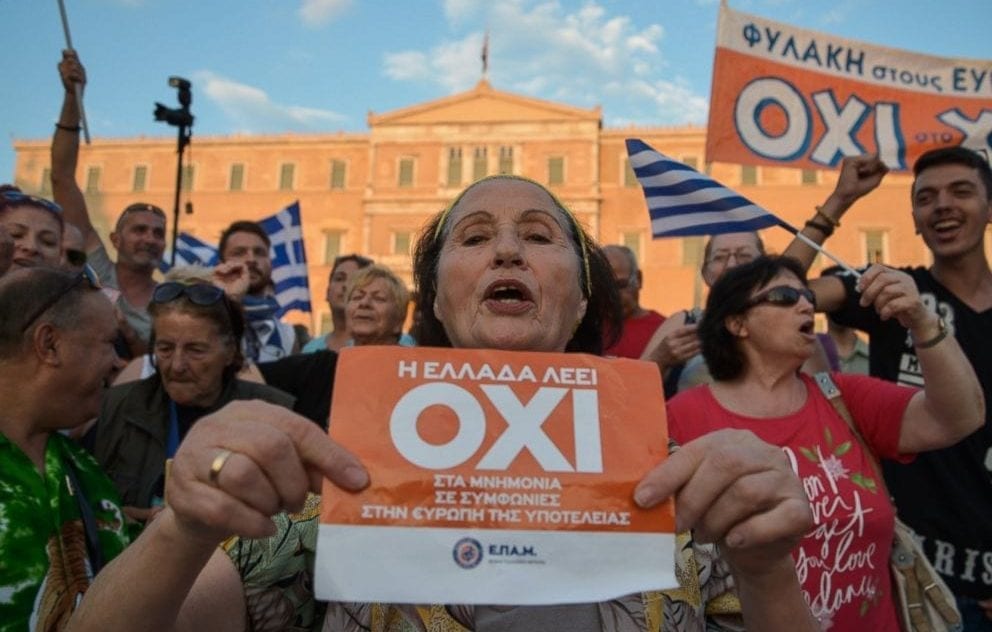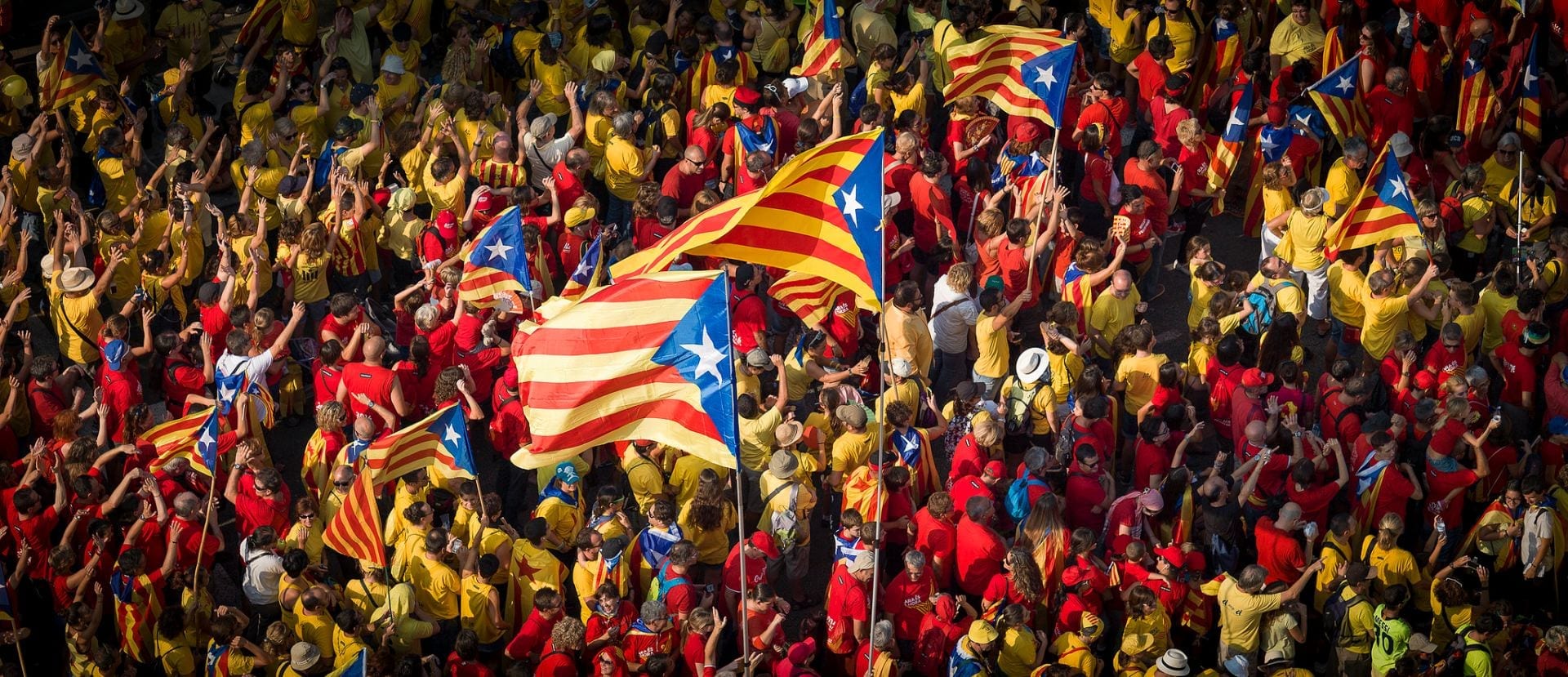Most wars are now civil wars. Even though international wars attract enormous global attention, they have become infrequent and brief. Civil wars usually attract less attention, but they have become increasingly common and typically go on for years. This report argues that civil war is now an important issue for development. War retards development, but conversely, development retards war. This double causation gives rise to virtuous and vicious circles. Where development succeeds, countries become progressively safer from violent conflict, making subsequent development easier. Where development fails, countries are at high risk of becoming caught in a conflict trap in which war wrecks the economy and increases the risk of further war. The global incidence of civil war is high because the international community has done little to avert it. Inertia is rooted in two beliefs: that we can safely ‘let them fight it out among themselves’ and that ‘nothing can be done’ because civil war is driven by ancestral ethnic and religious hatreds. The purpose of this report is to challenge these beliefs.
Authors: Nicholas Sambanis, Paul Collier, Lani Elliott, Håvard Hegre, Anke Hoeffler, and Marta Reynal-Querol




